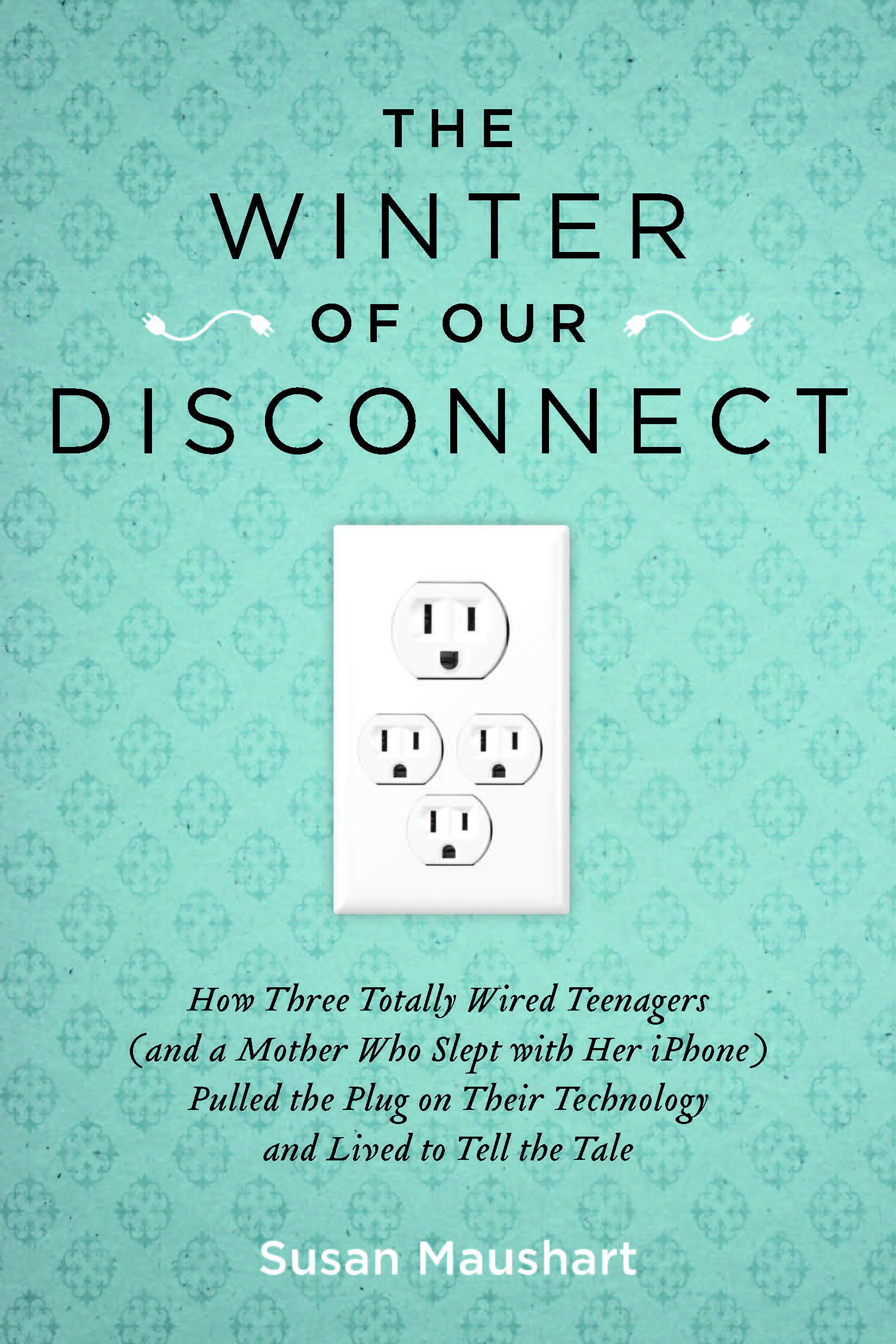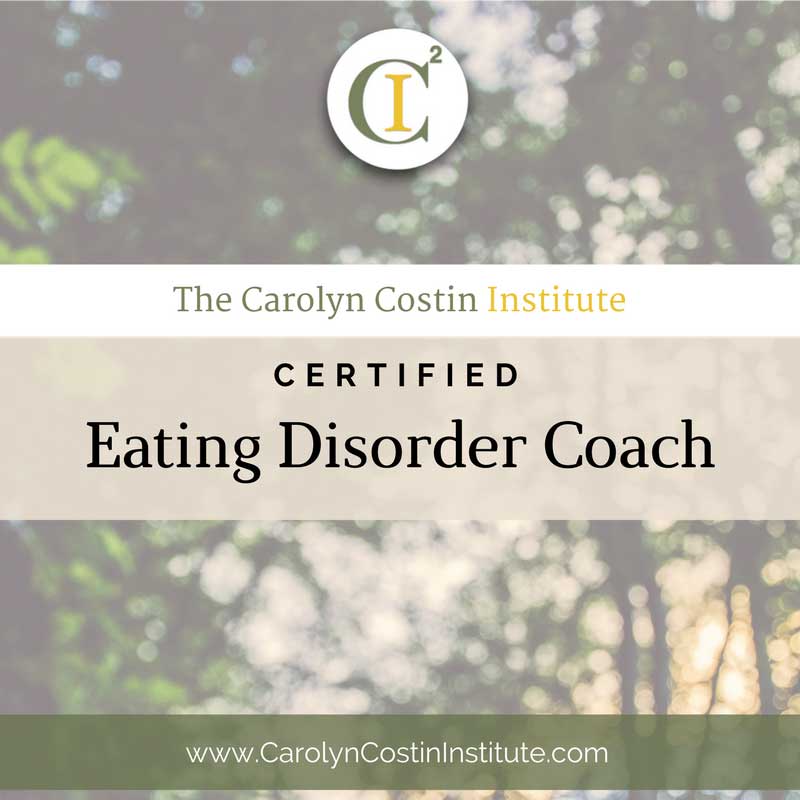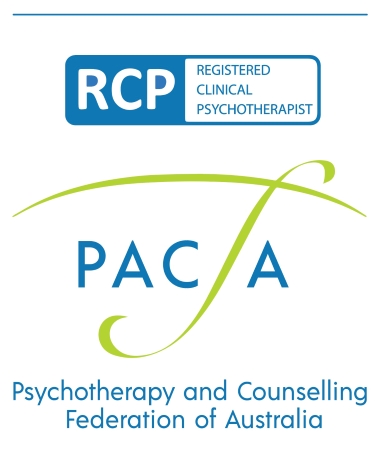Children and Handheld Devices. iAddiction & The Winter of Our Disconnect is part of my Children and Handheld Devices series.
The Winter of Our Disconnect
Worried about her three totally wired teenagers – how they used their time, their space, their minds and with fears for their social, intellectual and spiritual development – single mother, Susan Maushart (PhD Media Ecology, author, social commentator & ABC Radio program maker) made a choice to pull the plug on technology for 6 months. She detailed their experiences in her book, The Winter of Our Disconnect, which has been described as, ‘smart, funny, important, informative and a must read for the digital generation.’
Maushart wasn’t just worried for her children; she found herself warding off loneliness by sleeping with her iPhone and her homesickness for New York by living in two places at once (but present to neither Perth or NY). She is transparent regarding her family’s dependency issues, identity struggles (my iPhone/my self) and how the more they ‘connected’ as individuals to their iPod playlist, social media and screen based devices in their bedrooms, the more disconnected they had all become from self, others and life in general.
Throughout her book, Maushart discusses the cultural implications of a disconnected society. She also raises concerns in relation to helicopter, absent and narcissistic parenting. When she spoke of the family’s 6 month ‘experiment’ to friends, she continuously came up against, ‘are you sure you want to do this to the kids?’; likening internet, iDevices and screen time as a new ‘need’ wedged between Maslow’s basic and love needs.
Staying connected is one thing, excessive use is another…
Like Susan Maushart, I love technology, social media and of course my iPad!
But…in the many years that I have worked as a counsellor and psychotherapist in the field of addictions, there has been a dramatic increase over the last few years in internet, iDevice and touchscreen based addictions.
Addiction of any kind is complex. There are multiple influences, causes and concerns to consider. Some of these include biographical, psychological, social, neurobiological and spiritual concerns. Whilst it is imperative to consider addiction from a holistic perspective, the primary issues underlying dependency and addiction problems are about relationship and connection; with self and other. Increasingly this is being backed up through a plethora of research in the field of early attachment relationships and neuroscience. When our will is trapped in maintaining cycles of dependency and addiction, our primary relationship is with the substance or process; in this case, our iPad, iPhone, or other screen based trapping.
iAddiction has become one the most socially acceptable problems of our time. We fear being ‘left behind’ or ‘left out’ and are bombarded with rationalisations and justifications such as, ‘get over it, it is a part of life’. Cocaine, binge drinking and playing the pokies are also a part of life but that doesn’t mean they are recommended practice, healthy or good for our overall wellbeing (Maushart 2010).
Other concerns associated with iAddiction highlighted in The Winter of Our Disconnect include an escalation in anger, anxiety, co-dependency, comparison, depression, disconnectedness, impatience, intolerance, low self-worth, obsessive compulsive behaviours, narcissism, an inability to relate, rude manners, risk taking and dangerous behaviours such as sexting, texting and driving, as well as a myriad of sleep issues. Subsequently, some of the issues related to sleep bankruptcy are anxiety, depression, hostility, attention deficits, a greater risk of drug and alcohol use, headaches, fatigue, stomach and back aches (Maushart 2010).
The Winter of Our Disconnect shines the light on numerous sources of research regarding the impact of excessive screen time. The Pew Internet American Life Project found that families with multiple communication devices were less likely to eat dinner together. Family meals are consistently correlated with positive outcomes for children; those who eat family meals 5-7 times a week get better grades, have a sunnier outlook on life and have significantly fewer problems with drugs, alcohol, nicotine and eating disorders. This research was across all socioeconomic spheres (Maushart 2010).
Disconnect in order to reconnect
From the first night of the experiment, Maushart noticed a change in the way her family communicated with each other. Here are some of the other benefits they experienced as a family once disconnected from media in the home (they were allowed to log on at school and at the library):
- The children became more focused and their attention span, concentration and reading skills increased. They also became more logical in their thinking and were able to hold more complex levels of conversation.
- The whole family experienced less frustration throughout the experiment.
- They became more present to their surrounding natural environment.
- The children were tired, not wired at night. They all began to sleep longer and reported a better quality of sleep.
- They felt more connected listening to the same music on the radio (previously everyone was in their own world using iPods). This taught the whole family tolerance of others, expanded their horizons and levels of consciousness.
- They all experienced a relief from their media devices even though they were expecting the 6 months to be hell.
- The family felt more connected through playing board games. They encouraged bonding, and deeper relationships.
- The children learnt more hobbies and spent time fostering new skills such as musical instruments, making clothes and cooking.
- The family connected with a sense of humour as they spent time reminiscing about stories from their past.
- The children became more socially responsible, for example, the children turned up on time rather than texting last minute lateness and cancellations.
- They became more creative. Maushart credits this to not using technology to stimulate, numb or distract themselves out of boredom. Rather, boredom was the impetus for the start of the creative process.
- Overall, they had a renewed sense of life energy/agency and will.
The ten (ok, eleven) commandments of screen hygiene
Maushart asks us to consider, ‘How are we fostering digital dependency and unhealthy use in our relationships, family and home life?’ She recommends the following (pp. 283):
- Thou shalt not fear boredom
- Thou shalt not multi-task
- Thou shalt not WILF (‘What was I looking for?’ A term used to describe the free association of ending up elsewhere, hours later when google searching for something else)
- Thou shalt not text and drive
- Thou shalt keep the Sabbath a screen-free day
- Thou shalt keep the bedroom a media free zone
- Thou shalt not covet thy neighbour’s upgrade
- Thou shalt set thy accounts to private
- Thou shalt bring no dinner to thy media
- Thou shalt love real life, with all thy heart and all thy soul
If you are struggling with iAddiction, consider trying the above guidelines for healthy screen use as well as seeking support from a registered psychotherapist in your area to work through the underlying issues.













